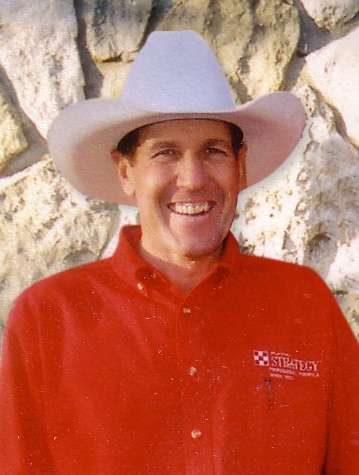Spring calving time has arrived, and workload has sharply intensified for Flint Hills ranchers with cow-calf operations.
A cow’s gestation is the period between conception and birth. During this time, the baby grows and develops inside the mother’s womb.
The cycle is around nine months, about 285 days, but it can vary depending on several factors. Some cattle breeds take longer to have a calf, and boys are often born later than girls. Of course, inclement weather conditions can delay when smart momma cows decide to have their calf.
Research indicates that feeding cows later in the day and evening increases the number of calves born during daylight hours. It is typically easier to keep a close eye on them.
Bulls are generally turned out with cows about May 1st, so some cows could have calves as early as February 1st.
However, most cows don’t mate with a bull the first day due to several reasons. She might not be ready for romance yet and the bull is busy breeding other cows.
Typically, a couple bulls are with a certain number of cows to help ensure mating when the cow is ready.
Ranch managers must keep a close eye on their cows once calving season is underway. Most mature cows can take care of themselves when it’s time to calve.
However, there are instances when even the very best producer can have problems. A calf can be too large or come backwards and require assistance. There are extreme cases when a veterinarian must be called to get a live calf.
Those cow-calf producers with lots of experience can generally tell when a cow is thinking about having her calf. He will keep a more watchful eye on her to provide help if needed.
First calf heifers typically require the most attention at calving time. They are just babies themselves, about two-years-old, and the whole birthing process is completely new to them.
After giving birth, a heifer must look after her newborn to get it to start eating and moving. Certain heifers have naturel mothering instinct, while others don’t and require assistance.
To keep a closer watch on first calf heifers they are brought to the headquarters for more intense supervision.
Reminded of Job 21:20: “Their bulls breed without fail. Their cows calve, and don’t miscarry.”
+++ALLELUIA+++
XVIII–8–2-19-2024





